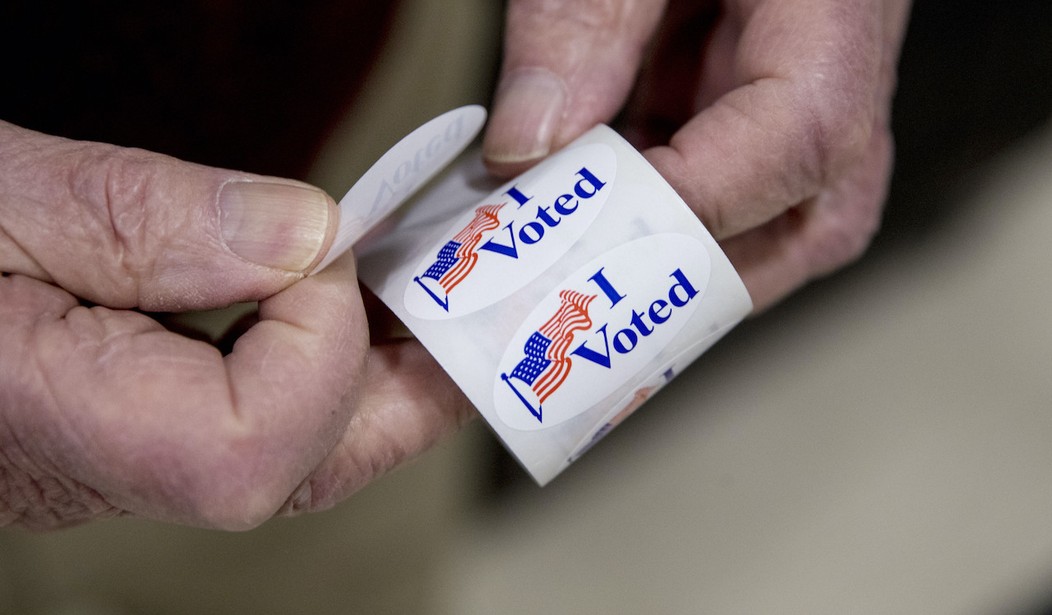What is the true threat to food production: climate change or climate policy?
If you listen to the establishment media, you may be forgiven for believing that our food production is at risk of collapse due to the effects of climate change. Drought, flooding, cold snaps, heatwaves—this drum is beat continuously from world governments, banks, multinational corporations, and mainstream media lackeys.
Their solution is always the same: ditch fossil fuels, now, or else.
Unfortunately, for anyone not part of the wealthy elite green virtue-signalers, should our alarmist overlords get their way, food prices will rise and shortages and starvation will ensue.
Fossil fuels are the backbone of modern large-scale agriculture, and are not easily replaced by “green” alternatives. This fact has been demonstrated repeatedly in recent years, but one victory of common sense in the Netherlands may be a sign that the tide could be turning.
Farmers have been losing their livelihoods in Europe, and consumers have faced rising food prices and reduced supply, as a direct result of policies intended to fight climate change.
At first, a voluntary program promoted in the Netherlands resulted in a 70 percent reduction in nitrogen runoff. The government then began to claim it was not enough. Another 50 percent reduction was demanded of farmers, not at all voluntary this time around. Estimates were that the plan would force farmers to dispose of half their livestock, potentially causing more than 11,200 farms to close, and some areas would be forced to stop raising animals altogether.
The ripple effects of these policies are being felt across Europe because Dutch farmers provide the majority of the meat that goes to European markets. However, the government of the Netherlands did not care one lick.
In response, farmers staged large protests over the rules, and formed their own political party, the Farmer Citizen Movement or BoerBurgerBeweging (BBB), which quickly gained national support from Dutch citizens who recognized the threat to their food security and freedoms by the overbearing environmental policies.
Recommended
So, how popular is the BBB? Well, in a surprising upset, and amid the largest voter turnout of the past 30 years, the BBB annihilated competing, squishier political parties in the most recent elections. In fact, they won the most seats of any individual party, according to a report by the Associated Press, now holding 17 of 75 seats.
This is not the first time a European country has seen a voter backlash over climate policy. In Finland in 2019, the Finns Party ran on moderating the heavy-handed climate policies of their government, and came within 6,800 votes of taking the largest number of seats in parliament. In the end, the brand-new party took the second-most parliamentary seats.
What’s more, this could just be the beginning. The Dutch are not the only Europeans suffering from climate policies that target food production; farmers and grocers in the UK are similarly upset. The British government is also paying off farmers to stop using their land for crop-growing. Instead, the land is set aside for wilderness preservation. The result, according to local farmers, is an increase in food shortages, with some grocery stores being forced to ration produce when imports are held up.
Even more telling, people throughout the world are rejecting dangerous climate change mandated agricultural policies. In Sri Lanka, after the government banned the use of fossil fuel derived fertilizers—only climate friendly organic fertilizer was allowed—crops failed on a massive level. Within six months, once self-sufficient Sri Lanka needed to import rice from China as their yields dropped 20 percent. The price of rice soared 50 percent. Tea, Sri Lanka’s primary export, representing 70 percent of Sri Lanka’s export income, dropped 18 percent in only four months after the government’s organic fertilizer mandate took effect. The public had enough and rioting commenced; government buildings, even the Prime Minister’s home, were ransacked and torched. Eventually, the government fell and chaos ensued.
In the United States, an upcoming update to the Farm Bill will likely incorporate similarly strict climate-centered priorities. The results of Biden administration policies restricting fossil fuel development have already led to rising food prices, due in part to the high cost of fuel, as modern farming requires heavy diesel-run machinery, and because in 2021 farmers paid 200 to 300 percent higher prices for fertilizer. As a result, in 2022, food prices rose at the highest rate since 1979.
Farming methods that forego using fossil-fuel derived synthetic fertilizers, such as organic farming, require up to 30 percent more land to produce the same amount of yield. Organic farming is a fetish of the wealthy, and a necessity for subsistence farmers in the poorest nations of the world. It is not a realistic replacement for modern agriculture at scale. Studies suggest that, without fossil-fuel derived nitrogen fertilizer, half of the people in the world would starve to death.
The fact is that climate change is not harming crop production. Most crops are experiencing higher production over recent decades because of the slight warming trend. In reality, it is climate policies, especially those that restrict the use of fossil-fuel derived fertilizers or increase the cost of essential gasoline and diesel fuel, that diminish farmers’ abilities to produce abundant crops.
Hopefully, farmers around the world will look at the results of the recent elections in the Netherlands, and take heart that they can only be pushed so far.
Linnea Lueken (llueken@heartland.org) is a research fellow with the Arthur B. Robinson Center on Climate and Environmental Policy at The Heartland Institute.

























Join the conversation as a VIP Member